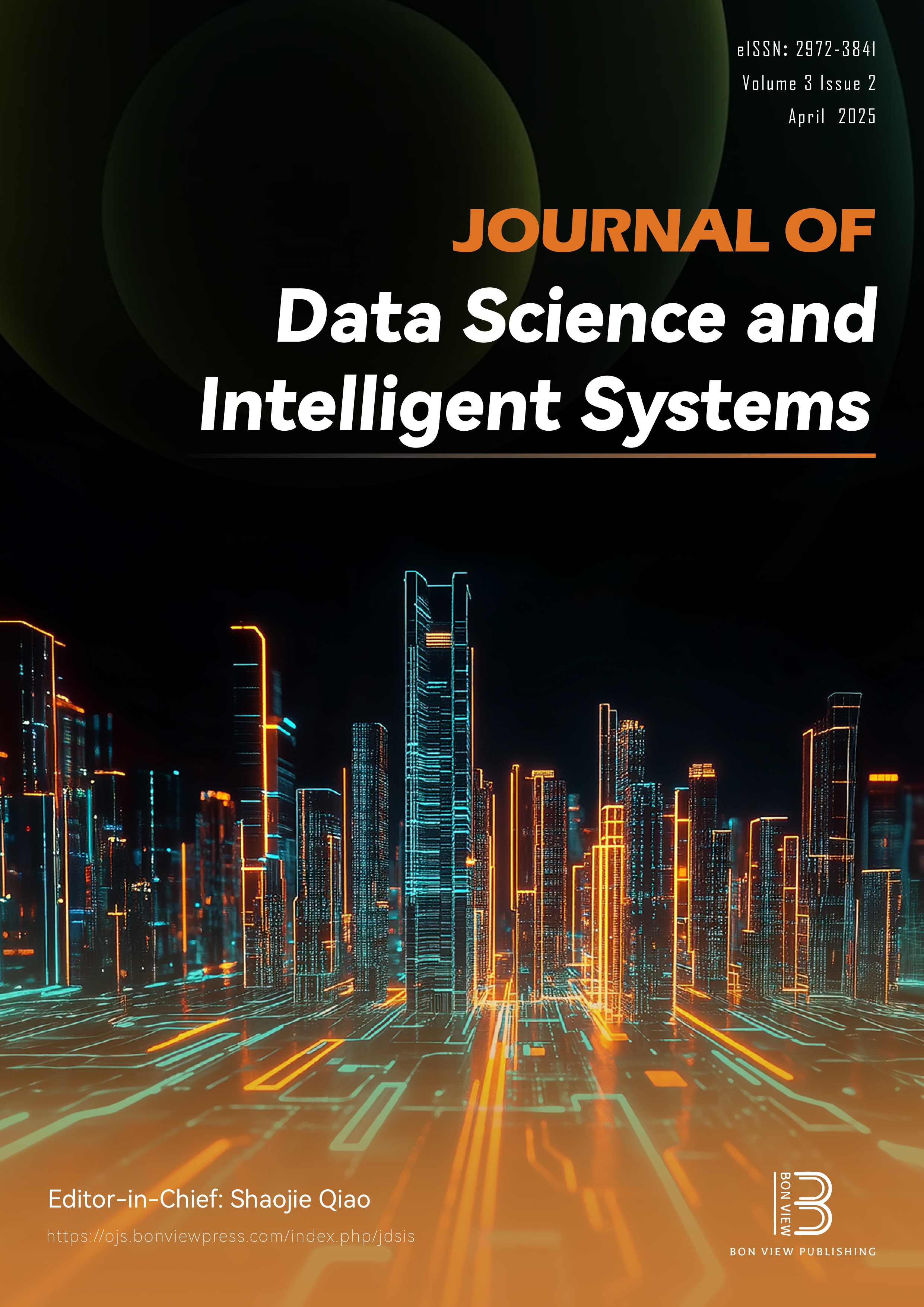Excellence Practices in Scrum Paradigm in Software Development
DOI:
https://doi.org/10.47852/bonviewJDSIS42023645Keywords:
Scrum, software development, technical debt, project managementAbstract
This article presents a comprehensive approach to improving Scrum methodology in practical software development. This article is intended for software engineering scientists and expert practitioners who develop their software products in the Scrum paradigm. The proposed best practices align with contemporary trends in the IT domain, including the complete digitalization and virtualization of production processes, the shift to fully remote software development, the integration of artificial intelligence technologies, and cost-saving models in team organization. The changes in software production processes discussed in this article are based on research conducted between 2020 and 2023. This research encompasses the experiences of leading Russian, European, and international IT companies and highlights the significant shift in IT business organization towards new standards of Scrum team efficiency. These standards include the data-driven formalization of production models, automation through AI tools, and visible cost optimization in engineer’s teams, aligning closely with the demands of modern IT businesses. The article outlines a set of management actions designed to adapt to these evolving trends in the IT domain. These actions range from the formalization of sprint goals and processes in Scrum to sophisticated management of technical debt and the cost-effective organization of developer teams. As a main contribution to the article, there are presented most valuable Scrum paradigm excellence elements: implementing measurable and specific sprint goals in SMART format, cost-saving practices, management of sprint parameters, and usage of AI tools in software engineering. Presented in article recommendations might help in practical implementation of those process changes, based on industry practice and reduce any corresponding risks on software development projects.
Received: 18 June 2024 | Revised: 12 August 2024 | Accepted: 5 September 2024
Conflicts of Interest
The author declares that he has no conflicts of interest to this work.
Data Availability Statement
Data sharing is not applicable to this article as no new data were created or analyzed in this study.
Author Contribution Statement
Denis Pashchenko: Conceptualization, Methodology, Software, Validation, Formal analysis, Investigation, Data curation, Writing - original draft, Visualization, Supervision, Project administration.
Downloads
Published
Issue
Section
License
Copyright (c) 2024 Author

This work is licensed under a Creative Commons Attribution 4.0 International License.


